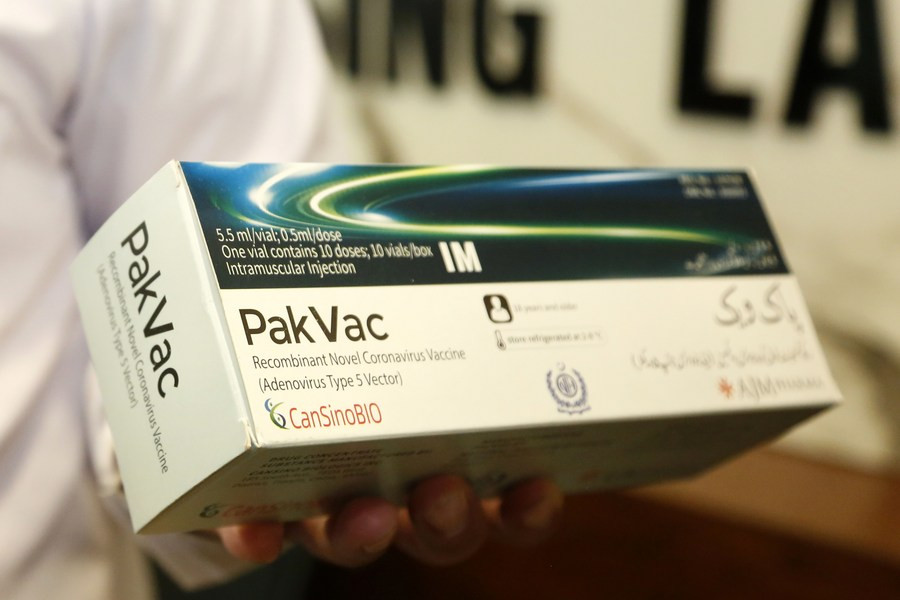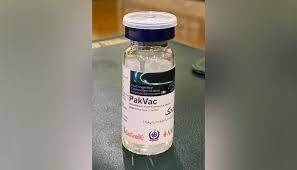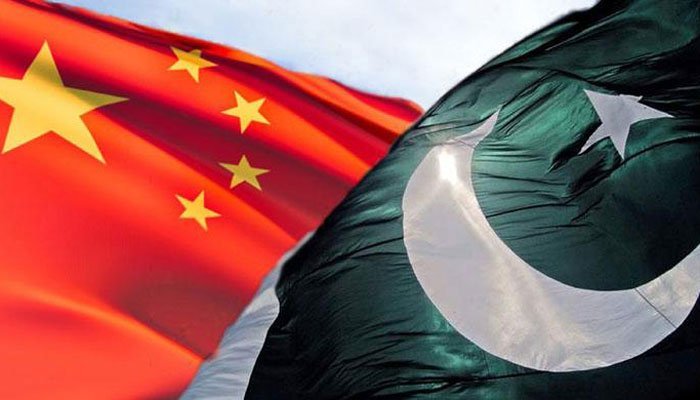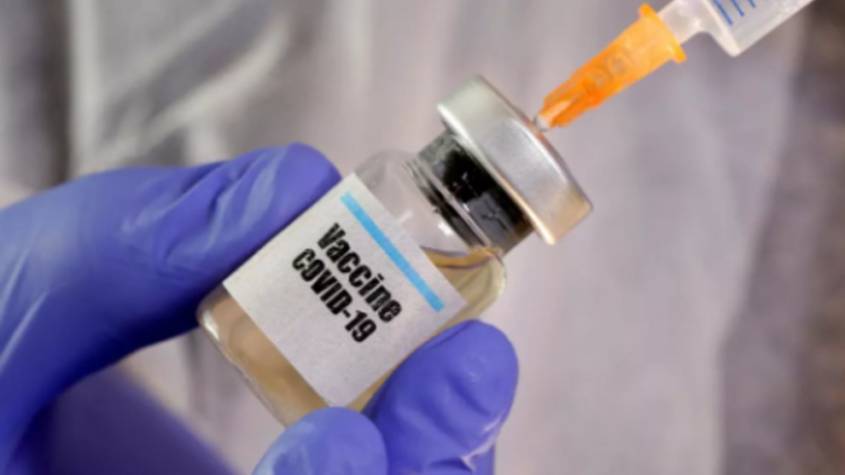ghazi52
PDF THINK TANK: ANALYST

- Joined
- Mar 21, 2007
- Messages
- 101,790
- Reaction score
- 106
- Country
- Location
Healthcare manufacturing industry to be set up in PirPatho SEZ in Thatta
May 30, 2021
Nation.com.pk

The Dynamic Engineering & Automation and Guangdong Kaper Technology Co Ltd have agreed to set up a healthcare industry in the new PirPatho SEZ in Thatta. Under the agreement, a Mask Healthcare Manufacturing Industry will be set up The first shipment of the DEA-KAPER Technologies Masks manufacturing machinery arrived at the Karachi Port on May 25, 2021, whereas the operations are expected to begin within a couple of months.The Dynamic Engineering and Automation CEO Owais Mir said that this is just the beginning of the Industrial revolution of the country.
KARACHI – Healthcare industry being established in new special economic zone in Thatta. The Dynamic Engineering & Automation and Guangdong Kaper Technology Co Ltd have agreed to set up a healthcare industry in one of the Special Economic Zones (SEZs) being inaugurated by Dynamic SEZ Ltd. The two parties have reached a decision to set up Mask Healthcare Manufacturing Industry in the PirPatho Special Economic Zone situated in District Thatta, 110 km apart from Port Qasim Industrial Zone. The first shipment of the DEA-KAPER Technologies Masks manufacturing machinery arrived at the Karachi Port on May 25, 2021.
The operations of the mask manufacturing industry are expected to begin within a couple of months at the PirPatho Special Economic Zone of Dynamic DEA Ltd. In his statement issued on the occasion, Dynamic Engineering & Automation CEO Owais Mir mentioned that “This is just the beginning of the Industrial revolution of the country. In order to transform from a developing country to a developed one, we need to set up more industries in the country to enhance productivity and increase the exports of the country.”

 cpecinfo.com
cpecinfo.com
May 30, 2021
Nation.com.pk

The Dynamic Engineering & Automation and Guangdong Kaper Technology Co Ltd have agreed to set up a healthcare industry in the new PirPatho SEZ in Thatta. Under the agreement, a Mask Healthcare Manufacturing Industry will be set up The first shipment of the DEA-KAPER Technologies Masks manufacturing machinery arrived at the Karachi Port on May 25, 2021, whereas the operations are expected to begin within a couple of months.The Dynamic Engineering and Automation CEO Owais Mir said that this is just the beginning of the Industrial revolution of the country.
KARACHI – Healthcare industry being established in new special economic zone in Thatta. The Dynamic Engineering & Automation and Guangdong Kaper Technology Co Ltd have agreed to set up a healthcare industry in one of the Special Economic Zones (SEZs) being inaugurated by Dynamic SEZ Ltd. The two parties have reached a decision to set up Mask Healthcare Manufacturing Industry in the PirPatho Special Economic Zone situated in District Thatta, 110 km apart from Port Qasim Industrial Zone. The first shipment of the DEA-KAPER Technologies Masks manufacturing machinery arrived at the Karachi Port on May 25, 2021.
The operations of the mask manufacturing industry are expected to begin within a couple of months at the PirPatho Special Economic Zone of Dynamic DEA Ltd. In his statement issued on the occasion, Dynamic Engineering & Automation CEO Owais Mir mentioned that “This is just the beginning of the Industrial revolution of the country. In order to transform from a developing country to a developed one, we need to set up more industries in the country to enhance productivity and increase the exports of the country.”

Healthcare manufacturing industry to be set up in PirPatho SEZ in Thatta - China Pakistan Economic Corridor
Healthcare manufacturing industry to be set up in PirPatho SEZ in Thatta
 cpecinfo.com
cpecinfo.com









